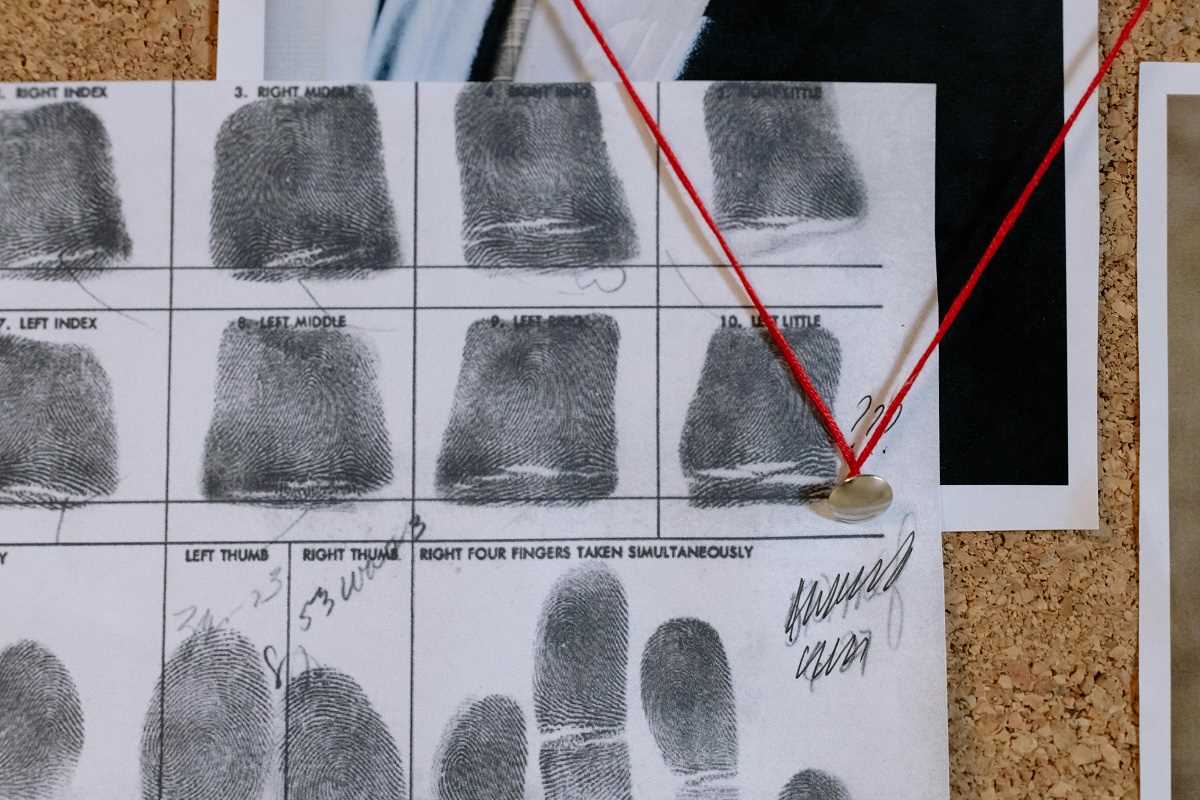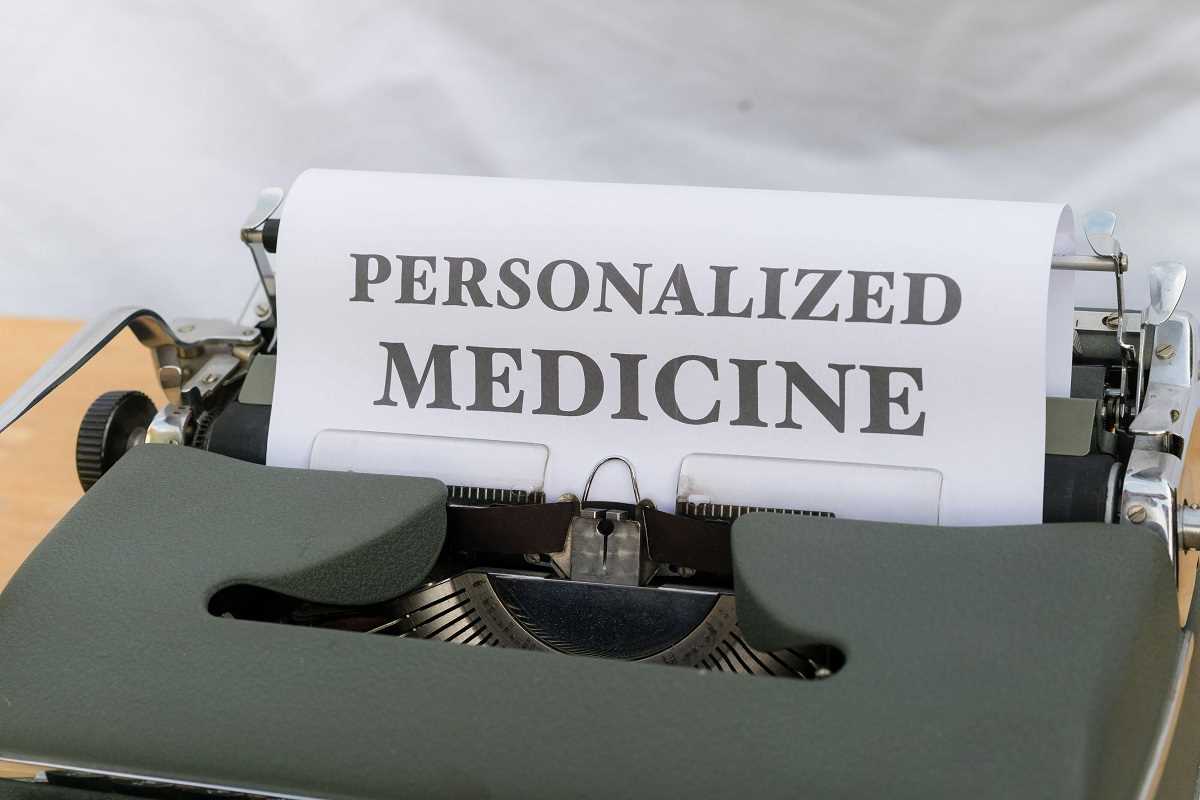Forensic scientists play a pivotal role in solving crimes and delivering justice, often working behind the scenes to analyze evidence and uncover the truth. Whether they’re investigating suspicious deaths, decoding digital devices, or collecting evidence from a crime scene, their expertise is essential to law enforcement. But what does a forensic scientist’s day truly look like? What skills are needed to succeed in this career, and what steps can you take to become one? Here’s an in-depth look into the fascinating world of forensic science, including various career paths and the education required to get there.
What Does a Forensic Scientist Do?
A forensic scientist’s job is to examine and analyze evidence collected during criminal investigations, providing insights that help solve cases. Their work often divides into two areas—crime scene work and laboratory analysis. Depending on their specialization, their responsibilities might include:
- Collecting Evidence: Forensic scientists often work at crime scenes, identifying, gathering, and preserving evidence. This can range from biological materials like blood and hair to physical items such as weapons, fingerprints, or fibers. Accuracy and attention to detail are critical at this stage to avoid contamination or loss of evidence.
- Laboratory Analysis: Once evidence is collected, forensic scientists conduct detailed lab tests. Forensic chemists, for instance, analyze substances like drugs or chemicals, while forensic biologists might work with DNA samples to confirm identities or links to suspects.
- Collaboration With Law Enforcement: Forensic scientists regularly communicate their findings to detectives, attorneys, and other criminal justice professionals. Their insights often shape criminal investigations and court cases, so being clear and concise is essential.
- Court Appearances: Some forensic scientists may be called to testify as expert witnesses, explaining their findings to judges or juries. Because their testimony can sway the outcome of high-stakes cases, it’s vital to be both knowledgeable and persuasive.
Skills Required to Excel as a Forensic Scientist
Forensic science demands a unique blend of technical, analytical, and interpersonal skills. Here are some key abilities that successful forensic scientists demonstrate:
- Attention to Detail: Evidence can be microscopic or easily overlooked, so forensic scientists need sharp observation skills to detect, collect, and analyze every clue.
- Analytical Thinking: Forensic work is like solving puzzles. Whether interpreting DNA results or reconstructing crime scenes, scientists must think critically and logically to reach sound conclusions.
- Technical Proficiency: Forensic scientists frequently use advanced equipment like chromatography machines, DNA sequencers, and forensic imaging tools. Being tech-savvy and adaptable to emerging technologies is crucial.
- Communication Skills: Whether writing clear, concise reports or testifying in court, forensic scientists must effectively convey complex scientific findings to non-experts.
- Teamwork: Forensic investigations often involve collaboration with other scientists, detectives, lawyers, and medical professionals. Strong teamwork and interpersonal skills are critical.
- Resilience Under Pressure: Many cases involve gruesome crimes, tight deadlines, or emotionally charged situations. A thick skin and the ability to remain professional are essential for this demanding role.
Challenges of Being a Forensic Scientist
While rewarding, forensic science is not without its challenges. For one, handling disturbing evidence like decomposed remains or analyzing crime scenes involving violent crimes requires emotional resilience. There’s also significant pressure to deliver accurate and timely results, as any error in processing evidence could compromise an investigation.
Additionally, forensic scientists often work long hours—sometimes in unpredictable environments like outdoor crime scenes or courtroom trials. Despite these challenges, the opportunity to contribute to justice and make a tangible impact keeps many forensic scientists passionate about their work.
Forensic Science Career Paths
Forensic science is a diverse field with various career paths catering to different skills and interests. Here are some of the most common specialties:
- Crime Scene Investigator (CSI) - CSIs document crime scenes and collect evidence for forensic analysis. They may photograph scenes, recover physical samples, and work to ensure evidence is uncontaminated. This role often requires working irregular hours and responding to calls at a moment’s notice.
- Forensic Pathologist - Forensic pathologists, also known as medical examiners, perform autopsies to determine causes of death. They often deal with unexplained or suspicious deaths and work closely with law enforcement to identify victims and analyze injuries. This career requires a medical degree and specialization in pathology.
- Forensic Toxicologist - Toxicologists study the effects of drugs, alcohol, and poisons on the human body. Their findings often play a key role in identifying substances in overdose cases or determining whether a substance was used unlawfully.
- Forensic Psychologist - This specialty blends psychology and law. Forensic psychologists assess suspects’ mental states, evaluate witness reliability, and provide psychological insights into criminal behavior.
- Digital Forensics Expert - With cybercrimes on the rise, digital forensics has become a valuable niche. These professionals recover and analyze data from computers, phones, and other digital devices to investigate cybercrimes like identity theft, hacking, or fraud.
- Forensic Anthropologist - Specializing in analyzing human remains, forensic anthropologists are often called to identify skeletal remains or assist in mass death investigations. This career typically requires extensive training in physical anthropology and anatomy.
Educational Requirements
A career in forensic science generally requires a strong background in science. Here are the typical educational pathways based on different roles:
- Bachelor’s Degree: Most forensic scientists begin with a bachelor’s degree in forensic science, biology, chemistry, or a related natural science. Core coursework often includes molecular biology, analytical chemistry, and criminal justice.
- Master’s Degree: Advanced roles, such as those in forensic toxicology or forensic psychology, may require a master’s degree. Graduate-level education allows for specialization and often includes hands-on training through internships.
- Doctorate or Medical Degree: Forensic pathologists, anthropologists, or psychologists usually require a Ph.D. or an MD. Specializations in fields like pathology or forensic anthropology demand years of in-depth study and training.
Top Colleges for Forensic Science
If you’re aspiring to enter the world of forensics, here are some of the top institutions offering robust programs in forensic science:
- University of California, Davis - UC Davis offers a highly regarded forensic science program with a focus on analytical techniques and laboratory work. Students benefit from research opportunities and access to cutting-edge technology.
- Pennsylvania State University - Penn State has one of the most comprehensive forensic science programs in the U.S., offering concentrations in biology and chemistry. Their advanced laboratory facilities provide hands-on learning experiences.
- University of Florida - Known for its online and on-campus forensic science programs, the University of Florida caters to students seeking flexibility. They offer both undergraduate and master’s degree programs tailored to a variety of forensic specialties.
- John Jay College of Criminal Justice - Located in New York City, John Jay offers a top-tier forensic science program in a city teeming with opportunities for fieldwork and internships. Their curriculum emphasizes hands-on learning and prepares students for careers in criminal justice.
- Virginia Commonwealth University (VCU) - VCU provides a competitive forensic science program that includes training in forensic biology, chemistry, and crime scene investigation. Their intensive program equips students with real-world skills for laboratory or field settings.
From analyzing DNA to decoding mysteries on digital devices, forensic scientists are indispensable to the criminal justice system. They combine science and problem-solving to uncover hidden truths, often making the impossible possible. Though the path to becoming a forensic scientist requires dedication, the rewards of solving crimes and delivering justice make it a meaningful and fulfilling career.
 (Image via
(Image via





.jpg)